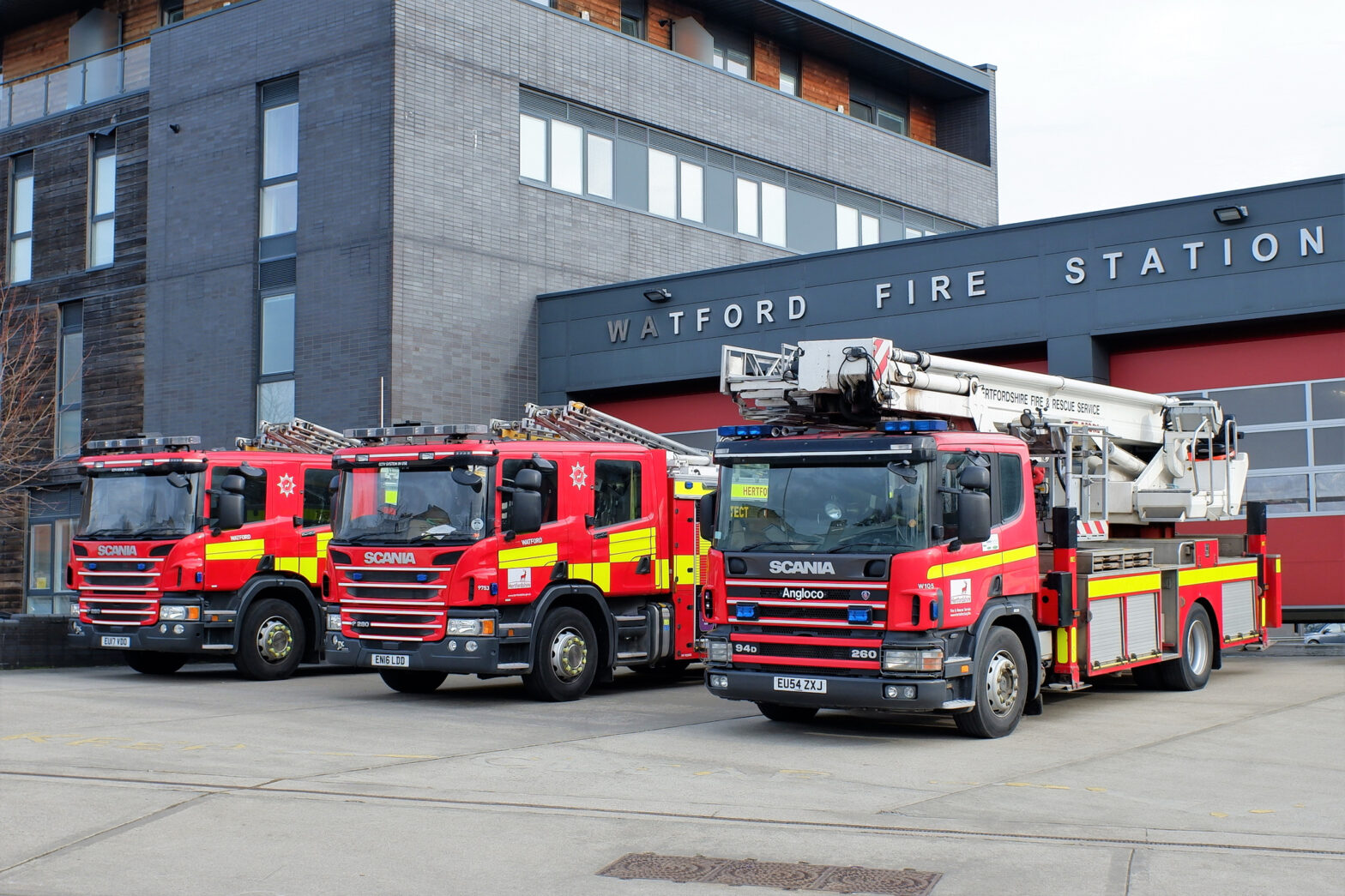In 2015, the FBU’s annual conference – often described as the “parliament of the union” – agreed a policy statement entitled “Membership, Recruitment and Organising”.
The statement, which was moved by the executive council, was agreed against the backdrop of rapid and deep-seated changes taking place in the UK fire and rescue service – changes which presented serious challenges to the union in terms of how it maintained healthy membership levels and continued to operate as an independent and viable organisation.
The policy statement (which can be read here) contained a raft of proposals designed to future-proof the FBU’s strength and influence.
One of the key proposals was that the union should move away from recruiting only uniformed employees of local fire and rescue authorities (Grey Book employees) and extend the membership criteria to include anyone involved in “firefighting, rescue or related services”. This would mean a widening of the membership base and the recruitment of workers – such as non-uniformed workers in non-Grey-Book roles – whom the union had not historically represented.
The policy statement set out a compelling case for change. At a time when uniformed posts were being slashed across the country (or converted to non-uniformed posts), and the proportion of workers employed by fire and rescue services in non-Grey-Book roles was increasing, the shift was absolutely the right one.
The policy statement heralded a radical new direction for the FBU. As the statement itself made clear: “There are numerous examples of workers in [non-Grey-Book] areas of employment, and who are not currently organised, seeking membership of the union but not being recruited.”
The statement charted a path for how potentially thousands of new members would be attracted and organised within the FBU’s ranks, even setting out details of new contribution rates. It anticipated hurdles along the way – such as securing collective bargaining rights – but outlined a clear and credible plan for overcoming them.
Conference rallied behind the statement, and delegates were sent back to their brigades to prepare for a brave new future.
However, over the following 12 months, nothing seemed to happen. Far from pressing ahead enthusiastically in the way that FBU members might have expected, the union’s leaders appeared to make no progress whatsoever with the implementation of the policy statement.
This prompted a resolution to the 2016 annual conference, moved by the Officers’ National Committee, calling on the leadership to ensure that the policy statement agreed the previous year was properly implemented. In response to this call, the general secretary, Matt Wrack, sought to reassure the conference. “The executive council’s view is we need to continue with that campaign,” he told delegates. “I can assure you it is not off the agenda.”
However, here we are, six years after that assurance was given, and seven years since the policy statement was agreed, and the FBU leadership has still done nothing to put the statement into effect. Almost literally nothing. The statement appears to have simply been left to gather dust on a shelf at the union’s head office.
Worryingly, the number of FBU members has, in the period since the policy statement was agreed, reduced by a further 10 per cent. This downward trend is not likely to reverse itself any time soon. In fact, as the government looks set to impose yet more austerity measures on public services as we recover from the costs of the pandemic, the pressure on the FBU’s membership base is likely to intensify.
The failure of the leadership to implement the 2015 policy statement raises a number of serious questions. What was the point of proposing the policy statement to great fanfare if there was never any intention to do anything about it? Why has the leadership just sat on its hands for seven years? Where is the urgency to recruit new members in the face of the threat to the union’s future from declining membership numbers and a constantly-altering fire and rescue service? Why have the express wishes of the union’s parliament – its annual conference – once again been disregarded?
The 2015 policy statement has effectively been stillborn, meaning that the FBU is missing a golden opportunity to expand its membership and secure its future as an independent and viable union.
In the face of a Tory government determined to inflict yet more cuts on the fire and rescue service, and with all that means for the future sustainability of our union, such a failure is inexcusable.

